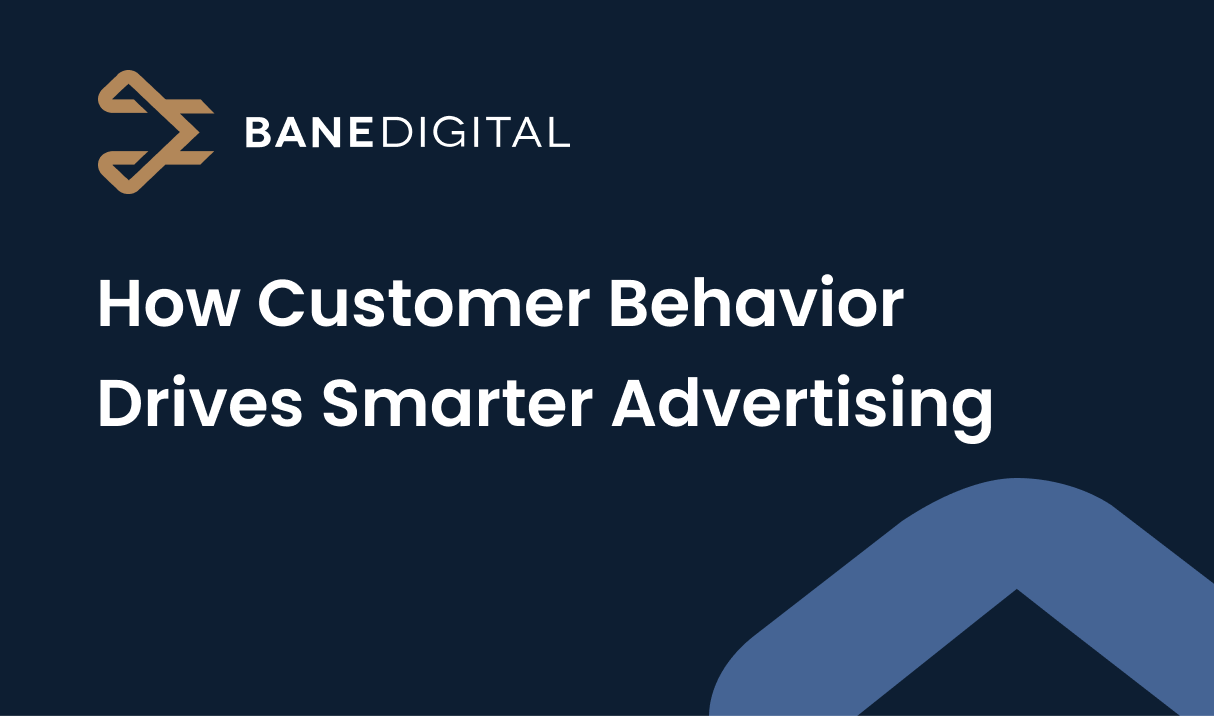.jpg)
.png)
Navigating Personalization in a Privacy-First World
As consumers become increasingly aware of how their data is collected and used, businesses must navigate a fine line. How do you personalize ads while respecting privacy laws?
With 79% of Americans concerned about how companies handle their personal data (Pew Research), businesses that fail to address privacy concerns risk losing consumer trust and facing legal consequences. From GDPR in Europe to CCPA in California, companies must rethink their audience segmentation strategies to remain compliant and effective.
This blog explores how businesses can balance personalization with compliance, the rise of privacy-first marketing tools, and how first-party data is shaping the future of segmentation.
Why Data Privacy Matters
Consumers today are more informed and cautious about how their personal data is collected, stored, and used. A survey by Pew Research found that nearly 80% of Americans are concerned about how companies handle their data. If businesses fail to address these concerns, they risk:
- Loss of consumer trust – Users may disengage from brands they believe misuse their data.
- Legal and financial repercussions – Violations of GDPR, CCPA, and other regulations can lead to fines and penalties.
- Reputational damage – Mishandling user data can result in long-term brand credibility issues.
To maintain trust and compliance, brands must adopt privacy-first marketing strategies that respect user preferences while still delivering personalized experiences.
Balancing Personalization with Compliance
To successfully balance personalization and data privacy, businesses must implement privacy-first best practices, including:
- Obtaining consent – Ensuring users provide explicit permission for data collection and usage.
- Data minimization – Collecting only the essential data required to deliver personalized experiences.
- Transparency – Clearly communicating how data is used and providing users with control over their preferences.
Major platforms are also evolving to help advertisers maintain compliance. Tools like Google’s Enhanced Conversions and Meta’s Aggregated Event Measurement provide privacy-safe tracking solutions that help businesses optimize their campaigns while adhering to regulations.
Future-Proofing Your Segmentation Strategy
Looking ahead, businesses should reduce reliance on third-party data and instead focus on first-party data collection. First-party data information collected directly from users via owned channels such as websites, apps, and email sign-ups provides a more reliable foundation for audience segmentation while aligning with privacy regulations.
By embracing privacy-first segmentation strategies, businesses can:
- Build trust – Transparent data practices lead to stronger customer relationships.
- Enhance customer loyalty – Users are more likely to engage with brands they trust.
- Deliver relevant, personalized ads – Even in a privacy-conscious environment, segmentation can still drive highly targeted marketing campaigns.
Final Thoughts: The Future of Privacy-First Digital Marketing
The future of digital advertising lies in privacy-first audience segmentation. By leveraging behavioral insights, lookalike audiences, and first-party data, businesses can continue delivering relevant ads while earning consumer trust.
As third-party cookies phase out and data regulations evolve, businesses that proactively adopt privacy-conscious practices will be best positioned for long-term success. Platforms like Google’s Enhanced Conversions and Meta’s Aggregated Event Measurement are paving the way for privacy-safe marketing, but brands must go beyond compliance to build lasting customer relationships through transparency and trust.
At Bane Digital, we empower brands with cutting-edge segmentation strategies, helping businesses navigate the evolving digital landscape with confidence. By integrating privacy-first marketing practices, companies can ensure continued success in a data-conscious world.
The future of digital marketing isn’t about choosing between personalization and privacy, it's about mastering both.

-cropped.svg)

.png)
.png)
.png)





